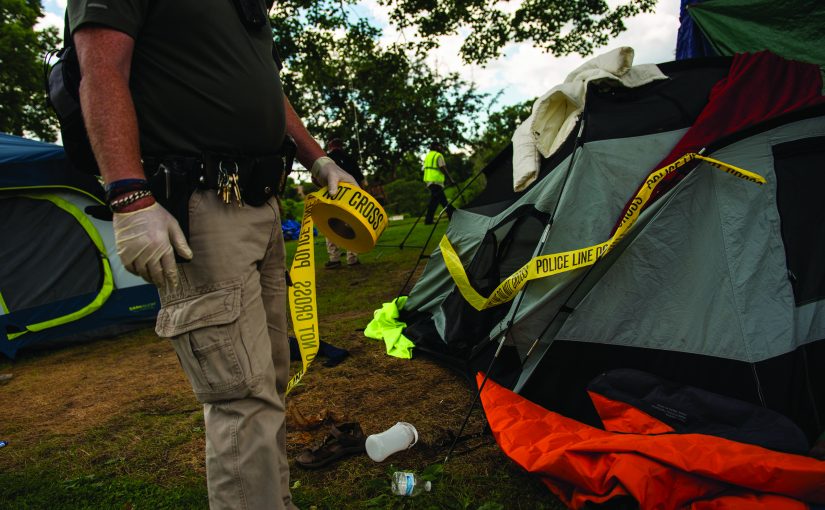Proactively Serving High-Risk Populations
Building Successful Co-Responder Models

Autism. Williams syndrome. Alzheimer’s. Schizophrenia. These terms are often scary to any neurotypical police officer or layperson who has never personally encountered a person with one or more of these disorders. But it’s important to remember that they are even scarier to the person diagnosed with these or similar conditions and to the parents or other family members who have to confront them for the first time. The thing that all those conditions (along with many others) have in common is their impact on loved ones as a result of the complications they add to their lifestyle and the already delicate human condition.
Having a close family member who has developmental disabilities or mental illness can be a heavy weight. It is a tug on the consciousness that is ever-present, blurring the looking glass into the future of their loved ones, and an ongoing state of heightened stress from moment to moment as they worry over the person’s the ability to complete tasks that would otherwise be second nature to neurotypical people.
As any parent can attest, it’s quite natural to worry about one’s children or siblings. But it is quite another thing to have the deeply rooted level of anxiety that constantly haunts people who care for family members with developmental disabilities or mental illness. As caretakers for their communities, one of law enforcement’s many jobs is to develop a deep understanding for these families to help assuage their anxieties and provide a hand to help them before their challenges become emergencies.


